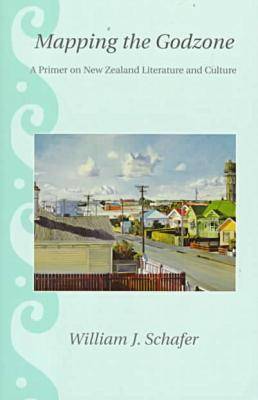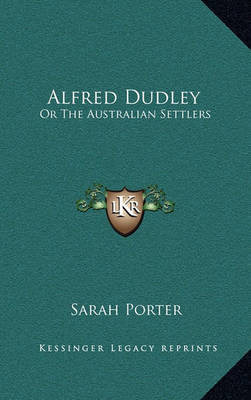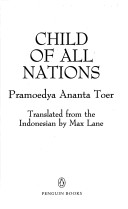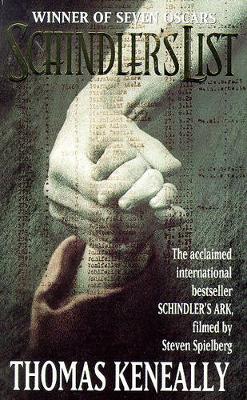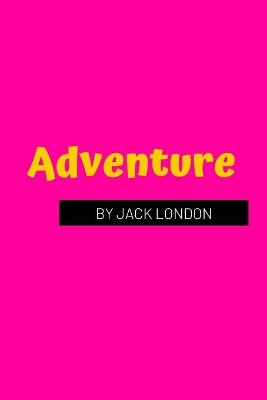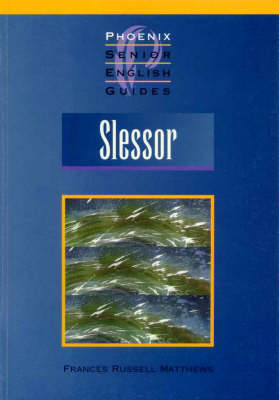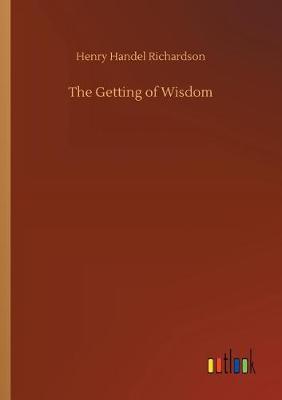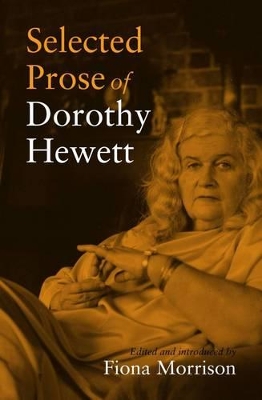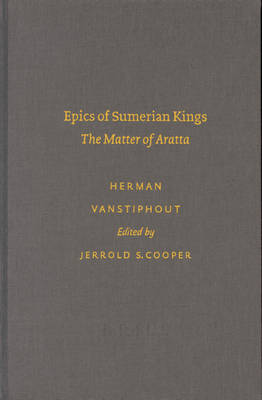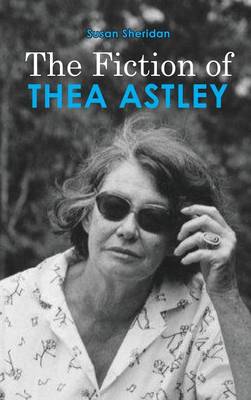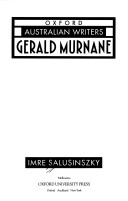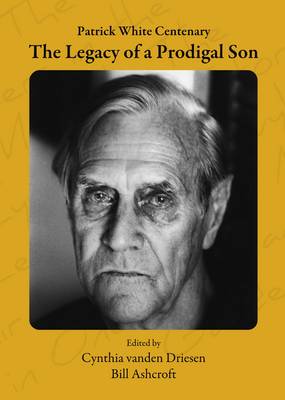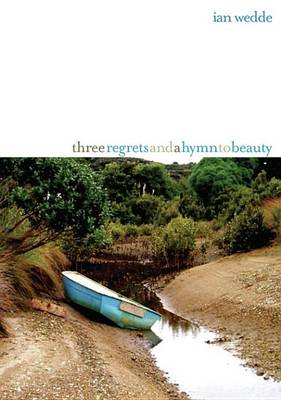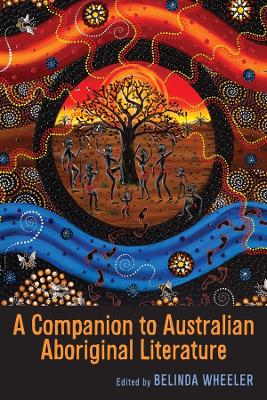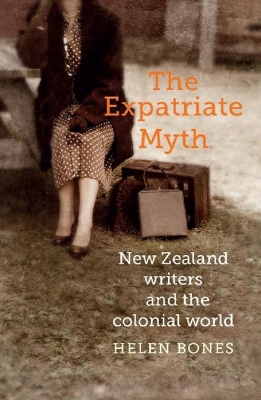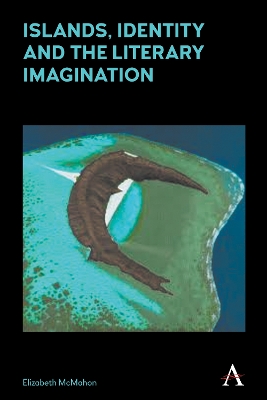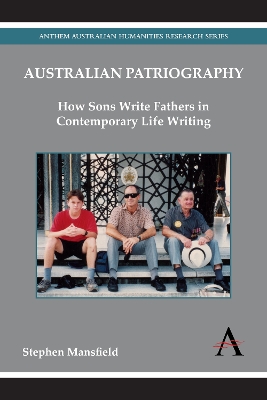Translating Cultural Identity (New Trends in Translation Studies, #28)
by Sarah Reed
This text grew out of the American author's attempts to focus his impressions of New Zealand's literary culture and relate its mental and moral landscape to that of the USA. Through an idiosyncratic selection of contemporary novels and films, Schafer opens up a complex and compelling world. The book explores the work of internationally celebrated writers such as Witi Ihimaera, Fiona Kidman, Ronald Morrison and Janet Frame, and the emerging New Zealand film industry and the handful of directors s...
Neurocognitive Interpretations of Australian Literature (Routledge Focus on Literature)
by Jean-Francois Vernay
This unique book on neurocognitive interpretations of Australian literature covers a wide range of analyses by discussing Australian Literary Studies, Aboriginal literary texts, women writers, ethnic writing, bestsellers, neurodivergence fiction, emerging as well as high profile writers, literary hoaxes and controversies, book culture, LGBTIQA+ authors, to name a few. It eclectically brings together a wide gamut of cognitive concepts and literary genres at the intersection of Australian literary...
In the shadow of Auschwitz, a flamboyant German industrialist grew into a living legend to the Jews of Cracow. He was a womaniser, a heavy drinker and a bon viveur, but to them he became a saviour. This is the extraordinary story of Oskar Schindler, who risked his life to protect Jews in Nazi-occupied Poland and who was transformed by the war into a man with a mission, a compassionate angel of mercy.
The Getting of Wisdom (Double D Western) (New Windmills)
by Henry Handel Richardson
When Laura Rambotham arrives at an exclusive Melbourne girls school from her country home, she is ridiculed by the other pupils for her differences, her name, her unusual clothes and especially for her "unpardonable sin" - her exceptional musical ability.
Epics of Sumerian Kings (SBL - Writings from the Ancient World, #20) (Writings from the Ancient World, #20)
by H. L. J. Vanstiphout
Epics of Sumerian Kings presents for the first time both the authoritative Sumerian text and an elegant English translation of four epics which are major works in the Sumerian literary canon and the earliest epics known in any language. The epics revolve around the conflict between the cities of Uruk (biblical Erech) in ancient Iraq and Aratta in neighboring Iran. The introduction discusses the intellectual and cultural context of the epics, their poetics and meaning, and the significance of the...
Striding Both Worlds illuminates European influences in the fiction of Witi Ihimaera, Aotearoa New Zealand's foremost Maori writer, in order to question the common interpretation of Maori writing as displaying a distinctive Maori world-view and literary style. Far from being discrete endogenous units, all cultures and literatures arise out of constant interaction, engagement, and even friction. Thus, Maori culture since the 1970s has been shaped by a long history of interaction with colonial Bri...
In this, the first collection of ecocritical essays devoted to Australian contexts and their writers, Australian and US scholars explore the transliteration of land and sea through the works of Australian authors and through their own experiences. The littoral zone is the starting point in this fresh approach to reading literature organised around the natural environment-rainforest, desert, mountains, coast, islands, Antarctica. There's the beach, where sexual and spiritual crises occur; the Wes...
This is the first full-length study of Gerald Murnane, one of Australia's most brilliant and controversial writers. Imre Salusinszky provides detailed interpretations of all of Murnane's works, from Tamarisk Row (1974) to Velvet Waters (1990). Salusinszky argues that Murnane's true subject is nothing less than the nature of consciousness and imagination: their role in the world and the place of writing in their constitution. In particular, Murnane's books explore the question of what is 'inside'...
Patrick White Centenary
This volume marks the birth centenary of a giant amongst contemporary writers: the Australian Nobel prize-winning novelist, Patrick White (1912-1990). It proffers an invaluable insight into the current state of White studies through commentaries drawn from an international galaxy of eminent critics, as well as from newer talents.The book proves that interest in White's work continues to grow and diversify. Every essay offers a new insight: some are re-evaluations by seasoned critics who revise e...
Wedde's work always brims with life as well as learning and his poems are meticulously crafted, his books beautifully constructed. The long poem or sequence has always been a natural vehicle and you could also say his entire corpus is so closely interconnected that he continues to write one long discursive poem. Here he gives us five extended poems that lope along in a wonderfully relaxed and rhythmic way exploring the concept of beauty and the nature of language. These are serious philosophic t...
In this book, an anthropologist analyzes political and cultural change among the Gayo, a Muslim people numbering about 200,000 who live in the highlands of northern Sumatra. John R.Bowen, who has lived among the Gayo shows how their successive absorption into both colonial and post-colonial states has led them to revise their ritual speaking, sung poetry, and historical narrative. Bowen discusses the phases that have characterized Gayo political and cultural history since 1900: the centralizatio...
Australian Aboriginal literature, once relegated to the margins of Australian literary studies, now receives both national and international attention. Not only has the number of published texts by contemporary Australian Aboriginals risen sharply, but scholars and publishers have also recently begun recovering earlier published and unpublished Indigenous works. Writing by Australian Aboriginals is making a decisive impression in fiction, autobiography, biography, poetry, film, drama, and music,...
Australian Patriography (Anthem Australian Humanities Research)
by Stephen Mansfield

